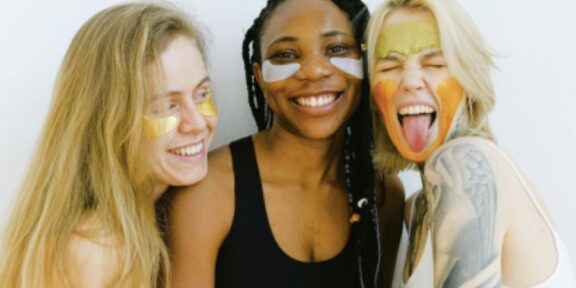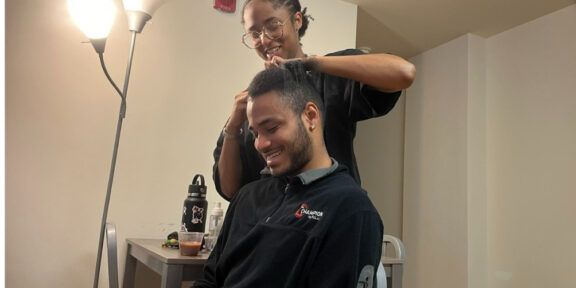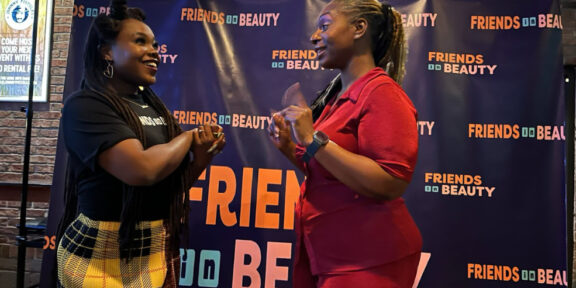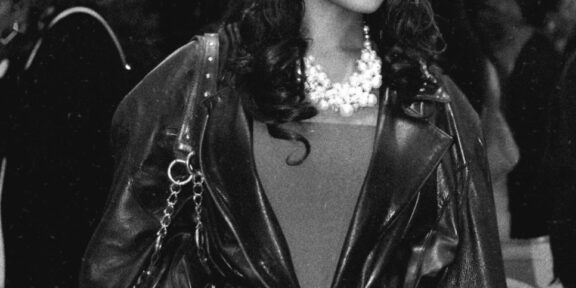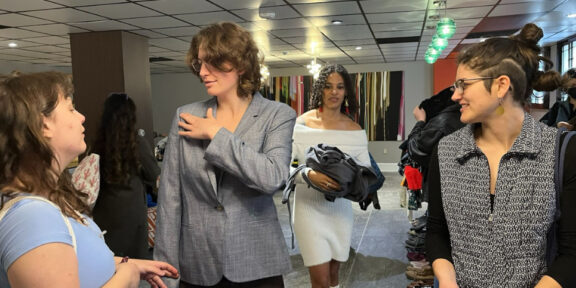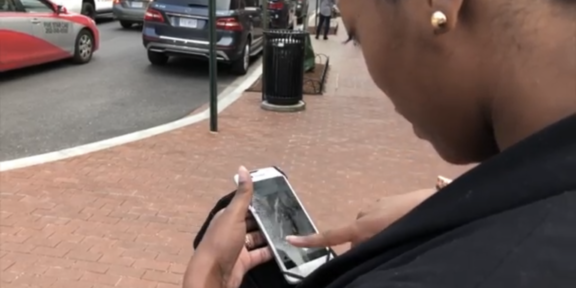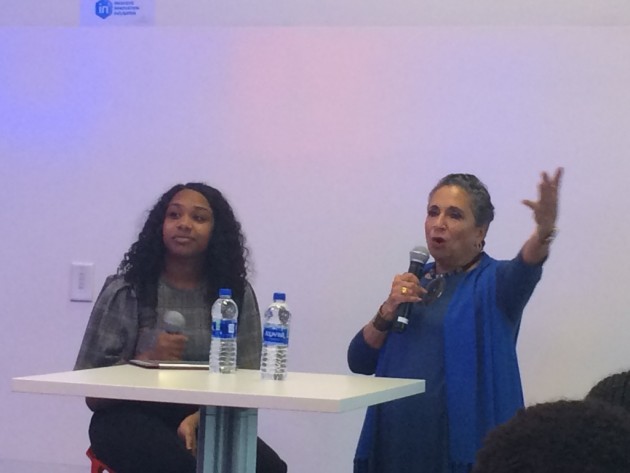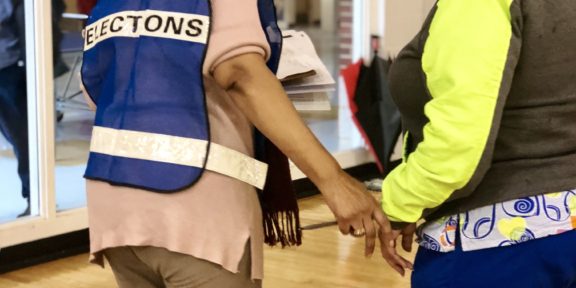By Makenna Underwood
Discrimination based on hair texture is a growing issue for black women, particularly for 66 percent of black girls in predominantly white schools, according to the Legal Defense Fund.
This has led to an increase in the use of natural hair care products. From 2017 to 2020, the percentage of black women embracing their natural hair texture rose by 23 percent, according to Gitnux, a market research platform.
This trend has resulted in the use of hair care routines as self-care among women with natural hair.
Diamond Stiles, a senior psychology major from Chicago, said her hair care routine can set the tone for her week.
“On Sundays, I put a lot of moisture in my hair [and] I do masks to make sure my hair stays healthy throughout the week,” she said. “Because I did my hair care on Sunday, I know doing this won’t drastically affect the rest of my week.”
Stiles also highlighted the significance of hair care in regard to mental health among Black women..
“I think for a lot of women, especially black women, hair care plays a role in how they view themselves and their mental health throughout their entire lifetime,” she said.
Niloufar Esmaeilpour, a clinical counselor and founder of Lotus Therapy & Counselling Centre, voices that hair is more than “mere grooming.”
“It’s not uncommon for individuals to find solace and a sense of control in caring for their hair, especially in contexts where cultural identity and self-expression intersect with personal growth and healing,” said Esmaeilpour. “It becomes a deeply personal ritual fostering self-acceptance and empowerment,[and] hair routines can offer moments of mindfulness and self-compassion.”
For women with natural hair, Esmaeilpour adds that identity can affect how one cares for their hair.
“It’s not uncommon for individuals to find solace and a sense of control in caring for their hair, especially in contexts where cultural identity and self-expression intersect with personal growth and healing,” she said.
Jillian Amodio, a licensed social worker and therapist, echoes the sentiment.
“There’s a lot of emotional attachment to hair, and it helps you feel beautiful, it helps you feel alive. It helps you feel like you have this power over your self-expression,” said Amodio, “This flood of endorphins, feel-good chemicals, boosts our self-esteem.”
According to Gitnux, 36% of African American women in the United States prefer natural hair over chemically treated hair. Amodio noted that for some, self-care may also mean opting out of hair treatments with chemicals.
The use of relaxers, a form of chemical treatment that straightens naturally kinky hair, has declined for at least a decade, according to Kline & Co, a market research platform. This coincides with the rise in Black women wanting to wear their natural hair.
Amodio said this wasn’t abnormal.
“It can be keeping your natural hair healthy and vibrant by using clean hair products [and] removing any toxic chemicals that might be in other shampoos and hair products,” Amodio said, referring to caring for one’s hair.
Experts also say the act of performing hair care has stress-relieving benefits overall.
“The act of washing, conditioning, and styling hair can emerge as a soothing exercise,” said Jessica Planchak, a clinical doctor at ChoicePoint. “For many, taking care of their hair is going beyond mere grooming; it becomes a form of self-love and self-compassion.”




